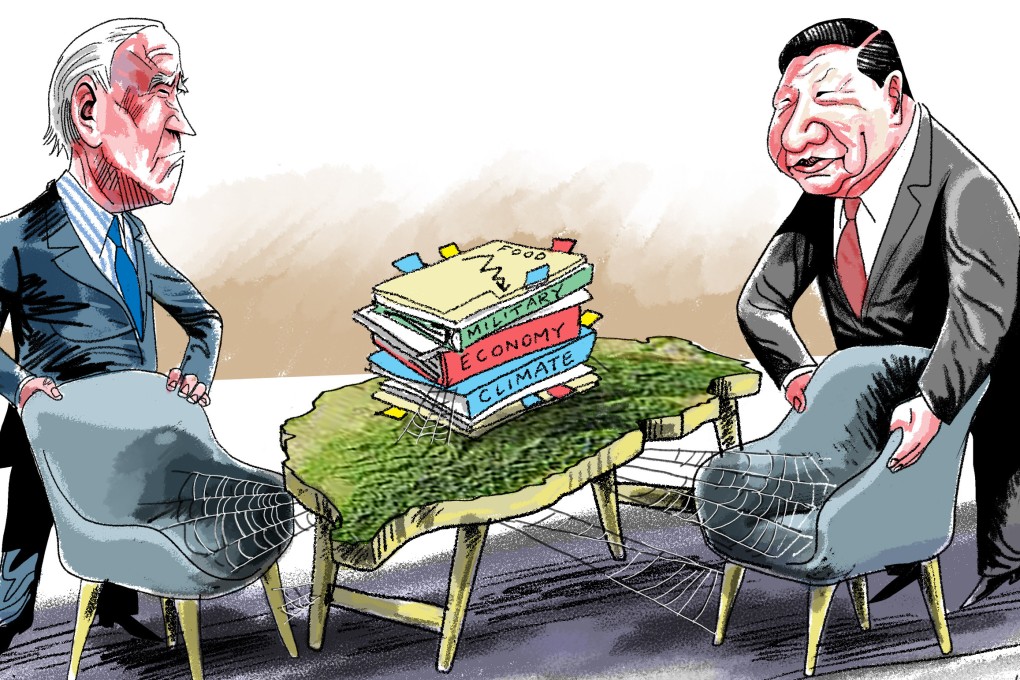Advertisement
Opinion | On Taiwan, the US and China must talk their way back to the status quo
- Both sides need to dial down military action, and return to the negotiating table in good faith
- A Biden-Xi meeting is tentatively planned for November. The two leaders should focus on areas of cooperation, not bones of contention
Reading Time:3 minutes
Why you can trust SCMP
19

US House Speaker Nancy Pelosi’s visit to Taiwan enraged the Chinese government, which had threatened severe consequences should she land. In response to Pelosi’s trip, Beijing has banned 2,000 food products, launched multiple missiles and held military drills near the island.
Advertisement
Tensions have reached boiling point between the United States and China, and many are wondering if relations can ever return to normal. For this to happen, we will need to see a renewed commitment to the status quo, a halt to military posturing on all sides, and a return to the negotiating table with cooler heads.
On May 23, President Joe Biden said the US would come to the defence of Taiwan militarily if China decided to launch an assault, despite the US’ long-standing one-China policy. This sparked outrage from the mainland and threatened peacebuilding initiatives. To help combat this threat to Sino-US relations, the White House clarified that Biden’s comments do not represent a change in US policy regarding the one-China policy and the Taiwan Relations Act.
These responses have been enough to preserve the status quo in the past. However, the present situation and its proximity to the comments by Biden may require a firmer reaffirmation.
Instead of a simple statement by the Biden administration, a reaffirmation needs to come from a high-ranking source. Biden is unlikely to make this announcement because of personal feelings and a reluctance to show weakness ahead of the US midterm elections.
Advertisement
Other sources, such as Secretary of State Antony Blinken or National Security Adviser Jake Sullivan, would hold enough significance to have a similar effect to past reaffirmations of the one-China policy and the three joint communiques.

Advertisement

